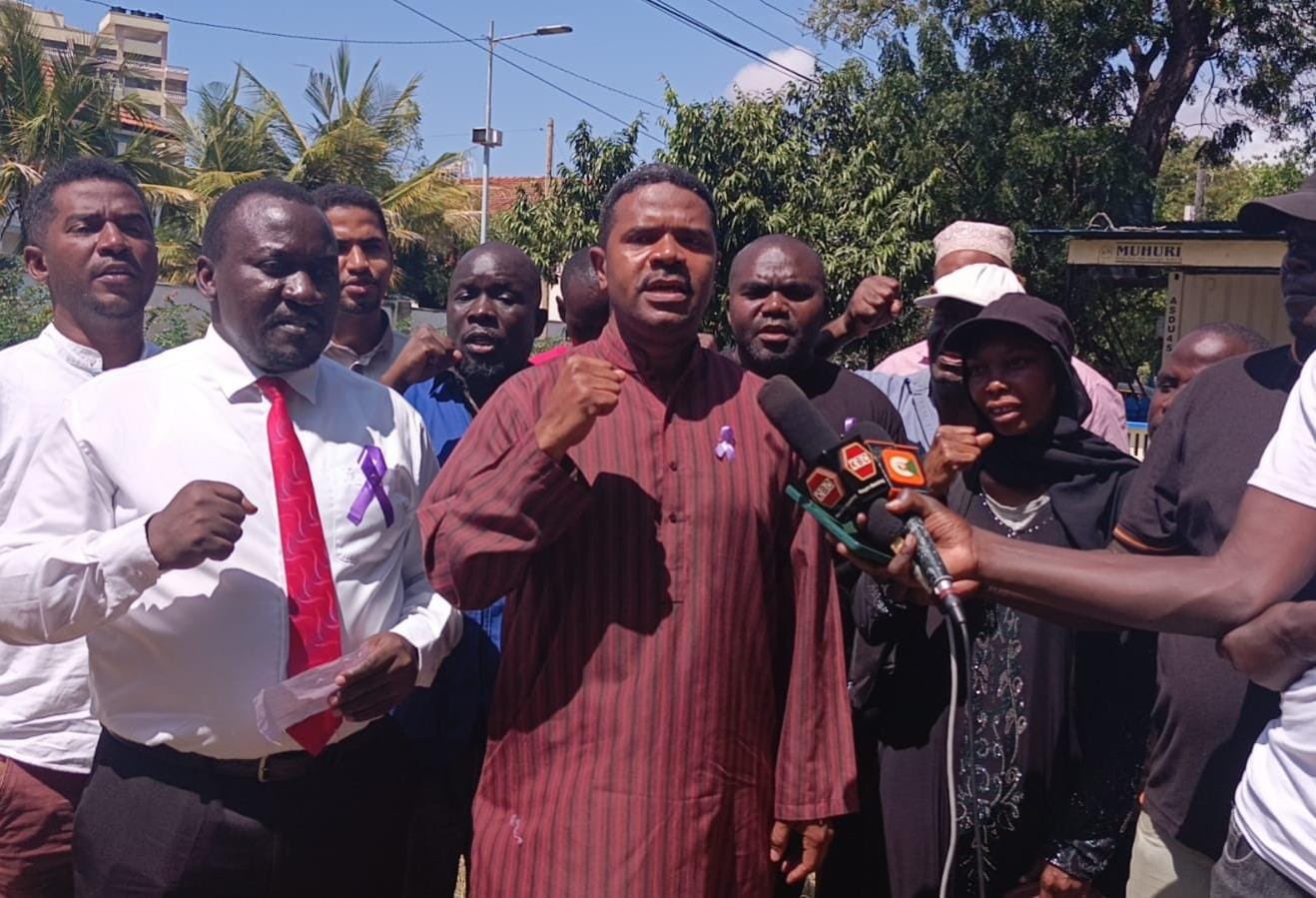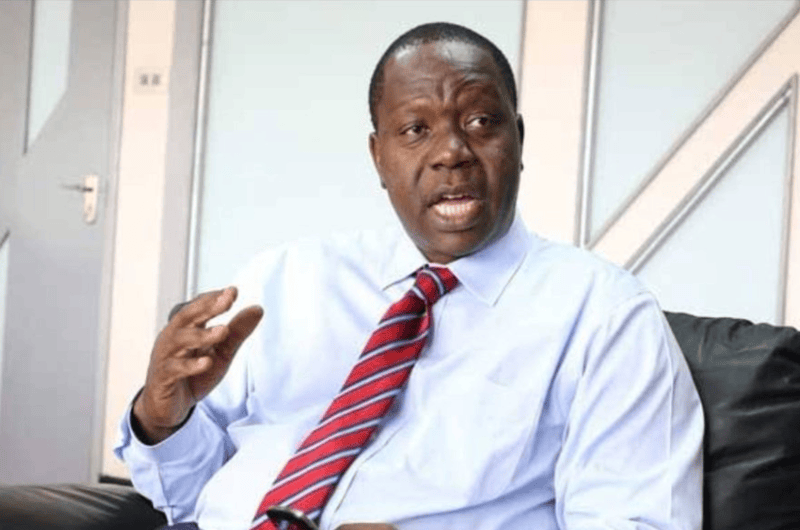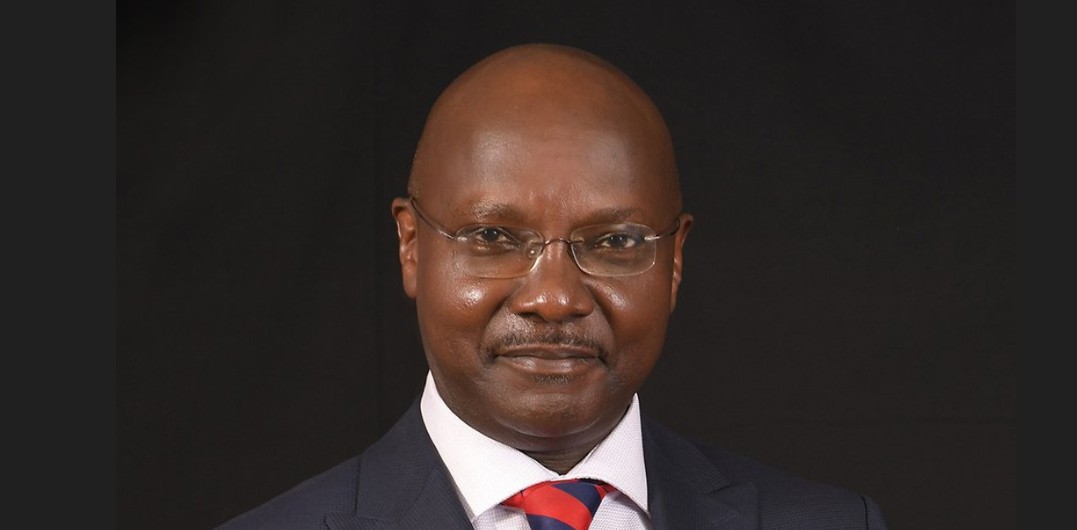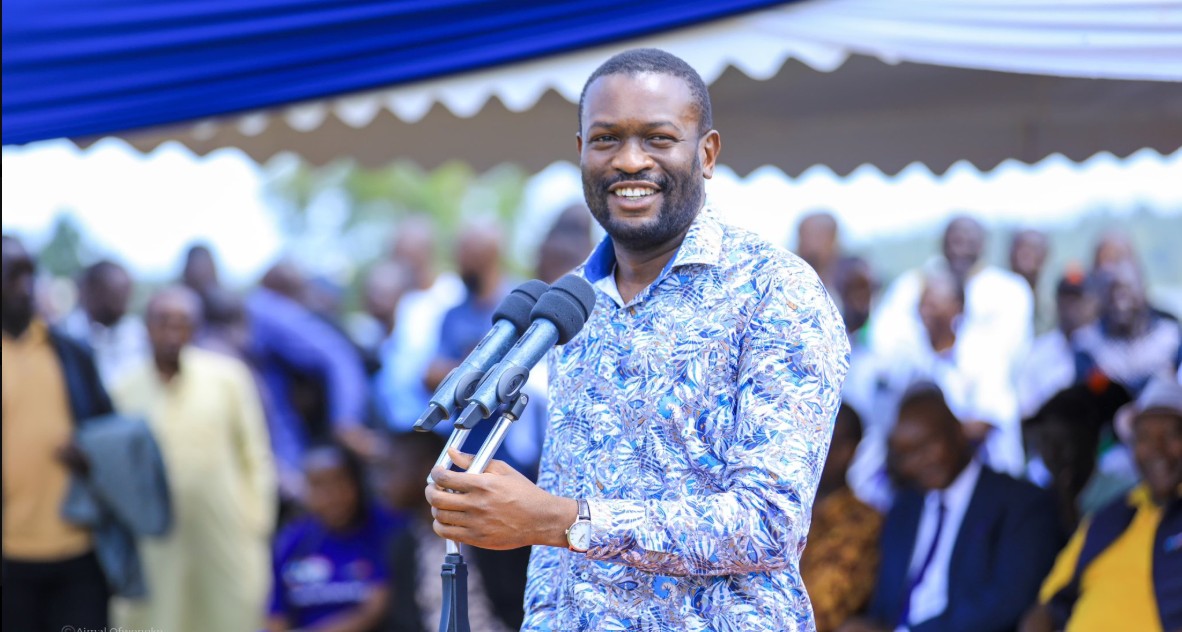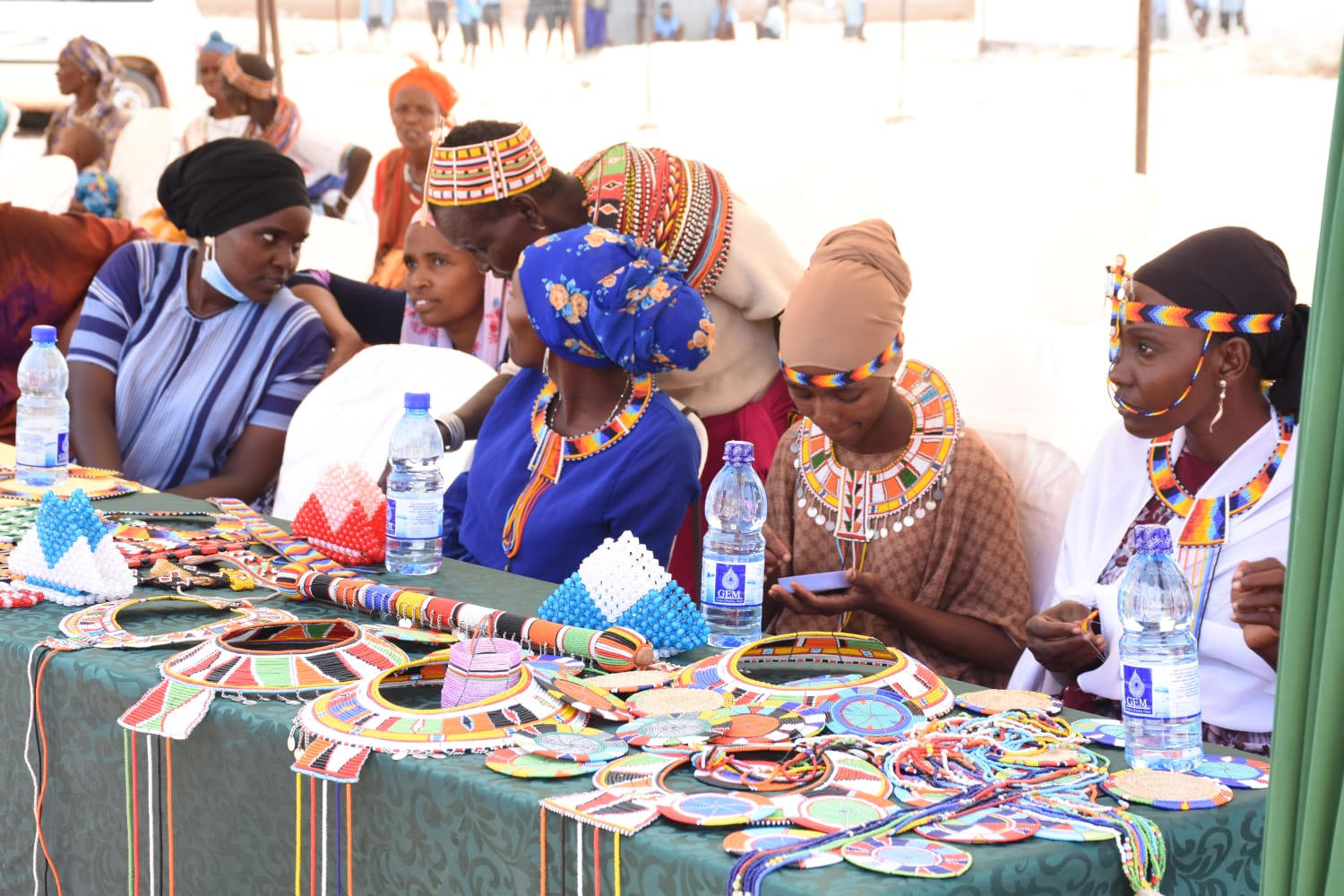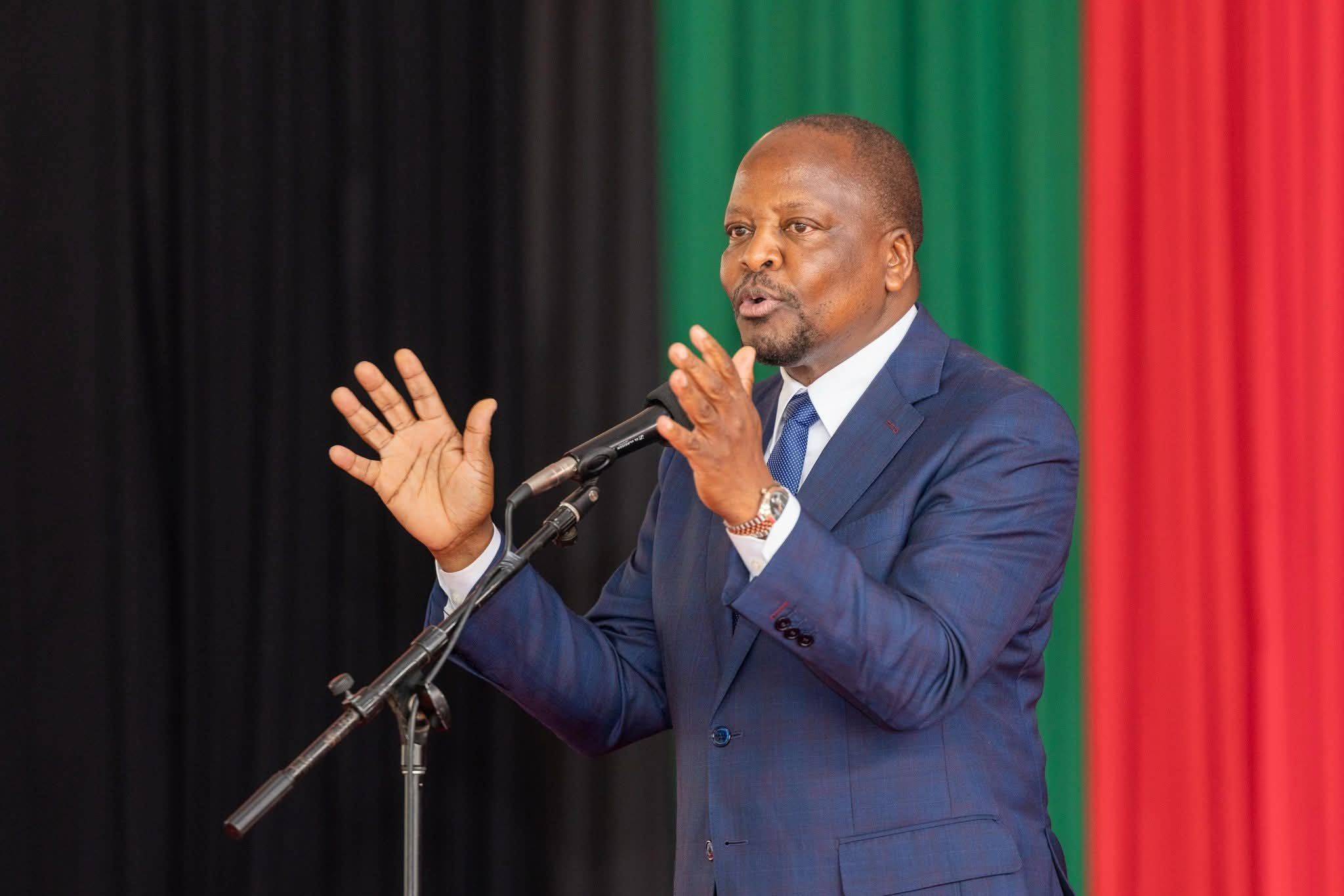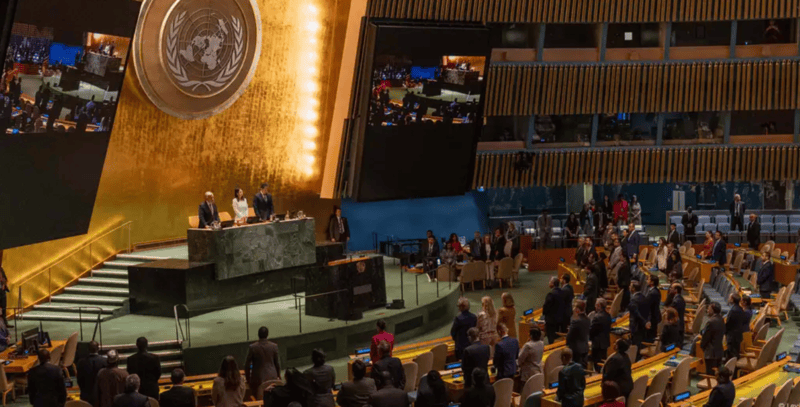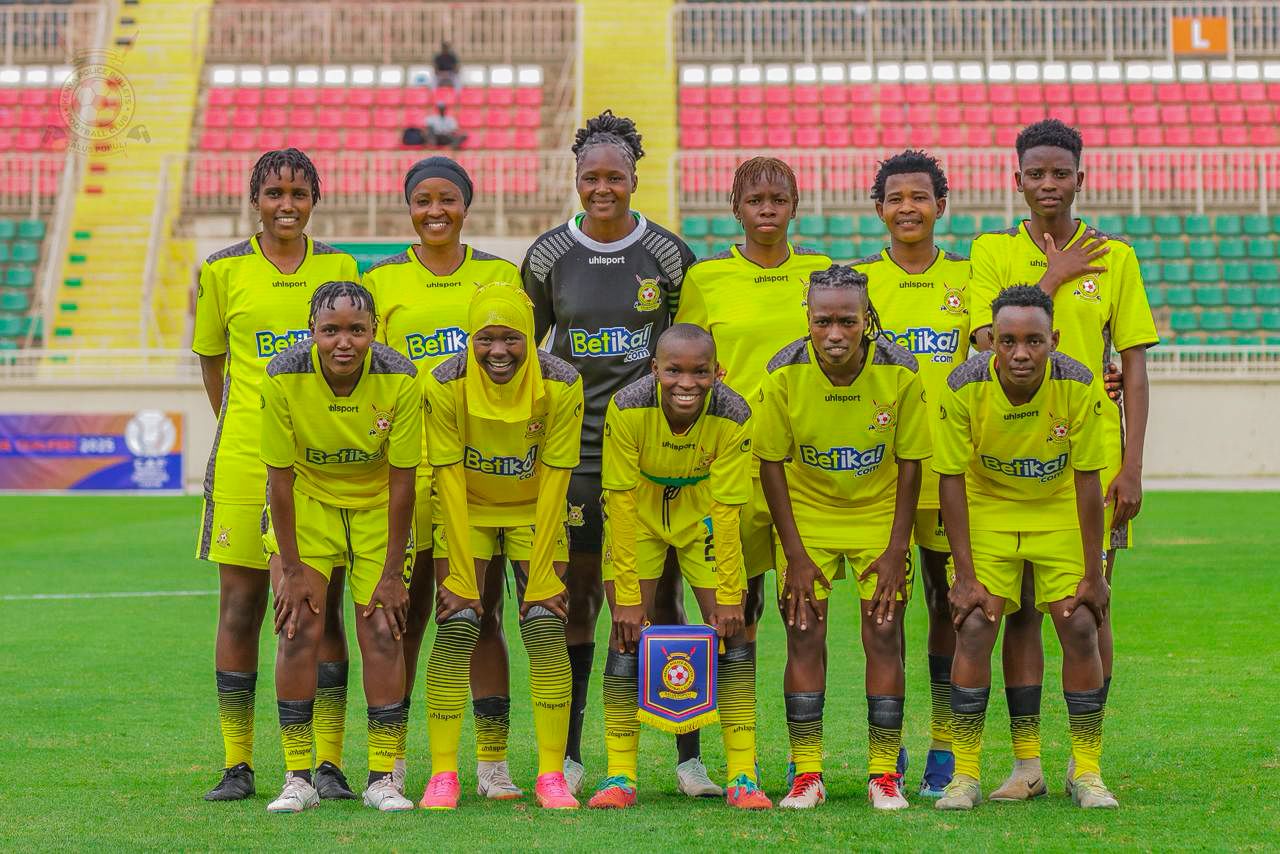Catholic bishops call out Ruto's government over broken promises, rising insecurity
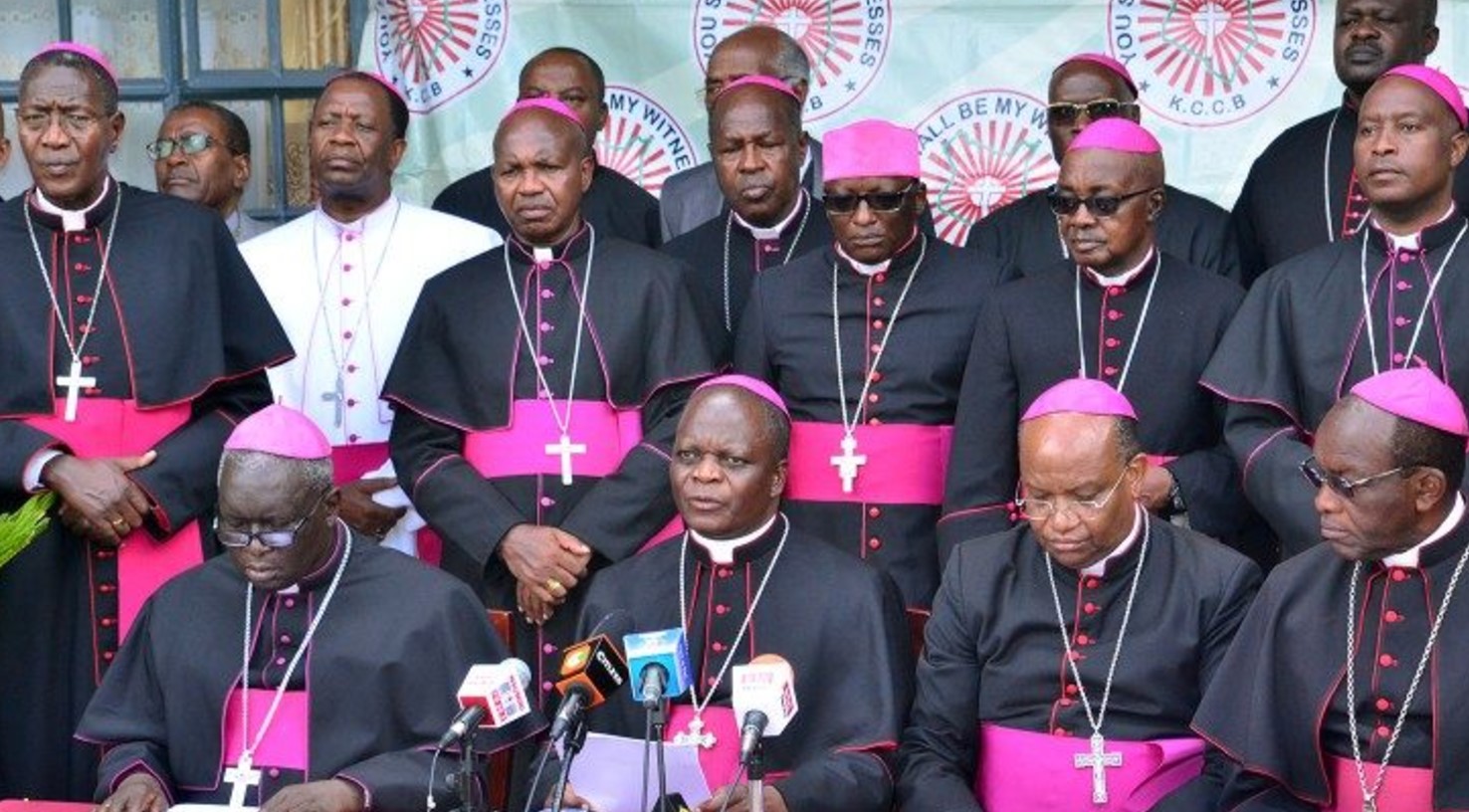
They accused leaders of repeatedly making empty promises, especially concerning critical issues like healthcare.
The Kenya Conference of Catholic Bishops (KCCB) has raised the alarm over a series of pressing issues affecting the nation, calling on the government to address escalating corruption, political wrangles, human rights violations, and the economic challenges facing Kenyans.
Led by KCCB Chairman Archbishop Maurice Muhatia, the bishops, while addressing journalists on Thursday, expressed grave concerns over the political climate, accusing the government of negligence and misplaced priorities.
More To Read
- First Lady Rachel Ruto admits 'ground realities' hindering project delivery
- Pope Leo XIV picks Malindi Bishop Willybard Lagho for key Vatican role
- Catholic bishops challenge President William Ruto to stop silencing youth, deliver justice
- Catholic Bishops call for justice after "foul" killings of two priests
- Catholic bishops criticise politicians for premature campaigns, ethnic divisions
- Kindiki urges Kenyans to avoid misinformation in quest to hold government accountable
"There is a lot of anxiety, and most people are losing trust in the government," Muhatia said.
Political divisions and corruption
The bishops condemned the internal political conflicts within the government, which they said have deepened societal divisions and eroded public trust.
According to Muhatia, political wrangling has "created an environment of mistrust among citizens and within the government itself."
They also denounced widespread corruption, accusing elected leaders of neglecting their constitutional duties in favour of their own interests.
"The massive greed we are witnessing is shocking and heart-breaking," he said, adding that corruption not only involves financial gain but also the abuse of power for personal benefit.
The bishops bashed the politicians, noting that Kenya's legislators are among the world's highest-paid, but at the same time criticised them for their "insensitivity and irresponsibility" in addressing the public's needs.
Human rights violations and abductions
The bishops also voiced deep concern over the recurring cases of abductions, disappearances, and extrajudicial killings in Kenya, which they described as "appalling".
They highlighted the recent Gen Z protests in June 2024, where many young people were reportedly abducted or injured after raising concerns about government corruption.
"Who is abducting these people, and is the government unable to stop these abductions and killings?" Muhatia asked.
He reminded the government of its constitutional duty to protect every citizen's life, as stipulated in Article 26 of Kenya's Constitution.
The bishops called on the authorities to take decisive action to end the violence and ensure justice for the victims.
"Culture of lies"
The bishops further expressed frustration with what they described as a "culture of lies" within the government.
They accused leaders of repeatedly making empty promises, especially concerning critical issues like healthcare.
The National Health Insurance Fund (NHIF) payments to faith-based hospitals remain overdue, despite repeated appeals to the government.
"This culture of lies and unkept promises and misplaced priorities is unacceptable and needs to be dealt with," Muhatia said.
The bishops warned that constant deception erodes public confidence and urged Kenyans not to accept or validate political falsehoods.
"Kenyans must be resolved to seek and be led by the truth," Muhatia said.
At the same time, the church leaders took issue with the current tax regime, which they described as "prohibitive and burdensome".
They argued that recent tax hikes were essentially a disguised attempt to reintroduce the controversial Finance Bill of 2024, which had faced significant public opposition.
"We must listen keenly to the cry of the Kenyan people," said Muhatia.
The KCCB reiterated its position that the government should use the collected revenue efficiently and avoid overtaxing its citizens.
They called for transparency and accountability in the use of public funds, urging leaders to "live within their means" and prioritise critical areas like healthcare, education, and job creation.
Opposition to term extension for political leaders
The bishops expressed strong disapproval of a proposed bill seeking to extend the term limits for elected officials from five to seven years.
They questioned the motivation behind the move, calling it "retrograde and manipulative."
According to Muhatia, the existing two-term limit of ten years is "ample time for any visionary political leader to leave a strong legacy."
"We need to critically scrutinise this political move," he said, stating that leaders should focus on solving the pressing issues facing the nation instead of pursuing self-serving agendas.
The bishops urged the government to prioritise national concerns, such as reforming the Competency-Based Curriculum (CBC), improving healthcare, addressing youth unemployment, and fighting corruption.
Calls for consultation and transparency
In addition, the bishops advocated for meaningful consultation with all stakeholders on various national issues, including taxation, education, and electoral reforms.
They criticised the government for limiting public participation to a formality rather than genuinely involving citizens in decision-making processes.
"We believe that genuine consultation of all concerned stakeholders in these matters is necessary beyond the casual public participation," Muhatia stated.
Top Stories Today

